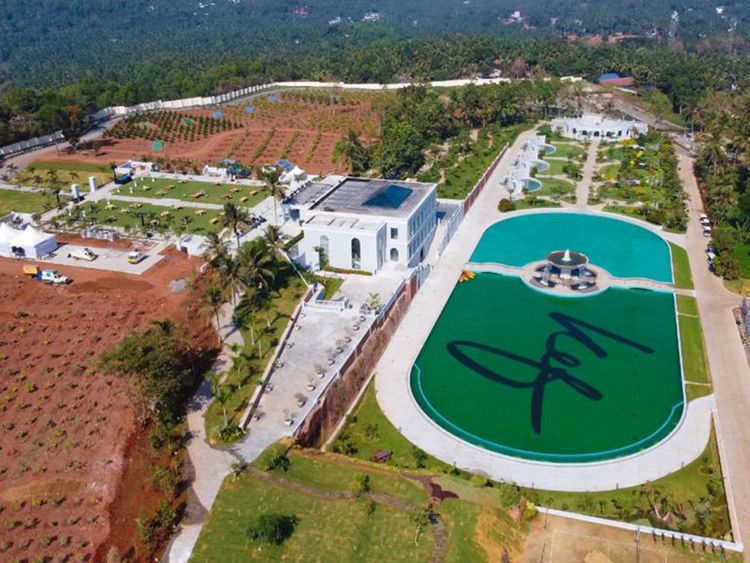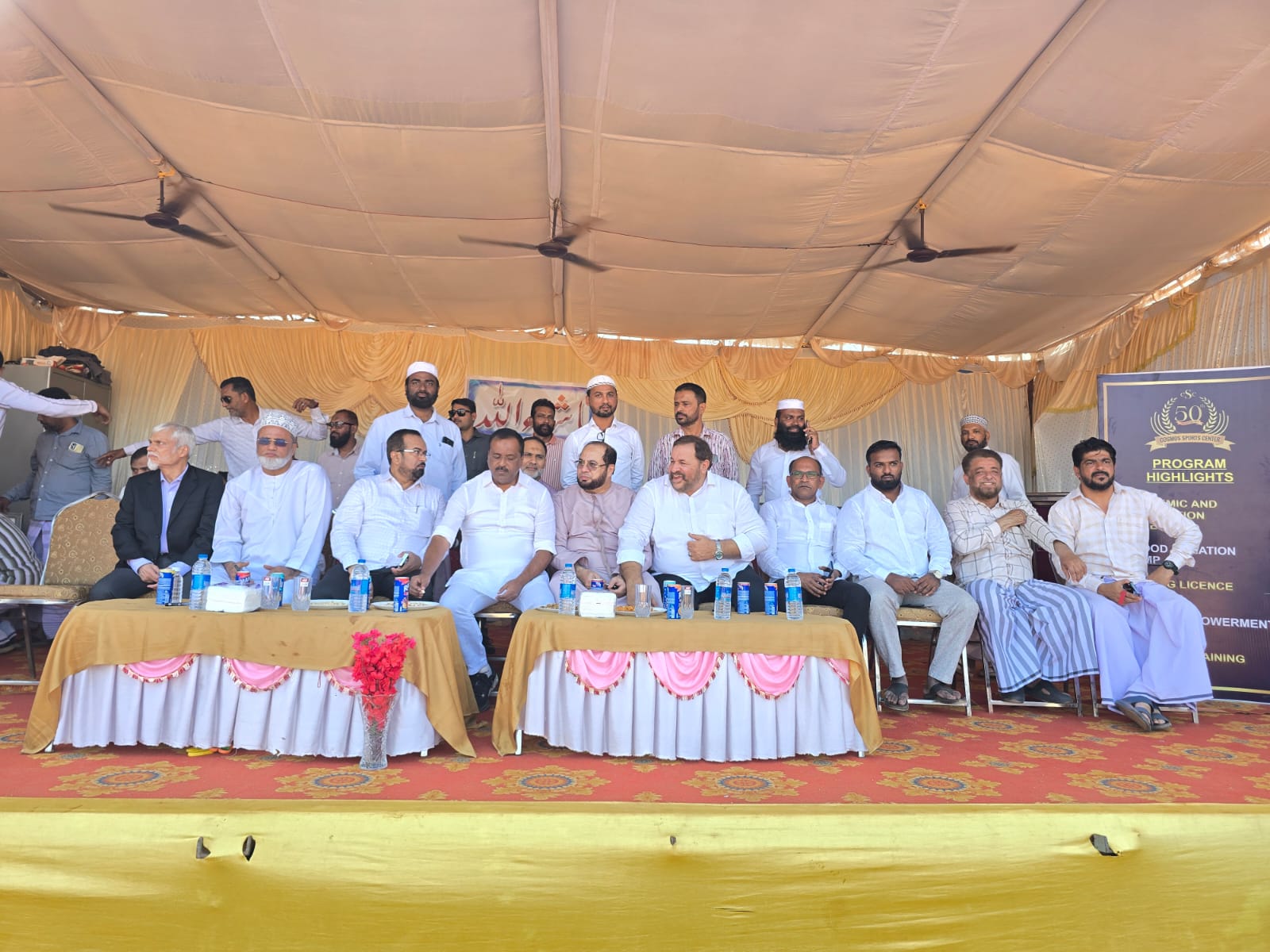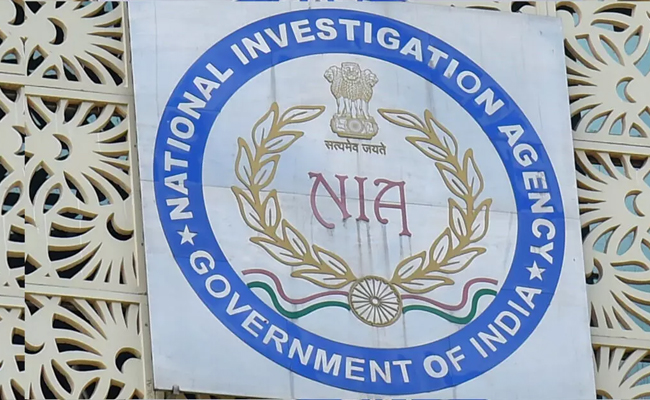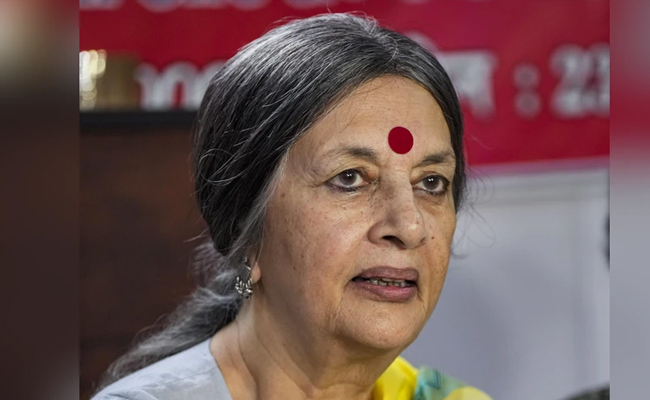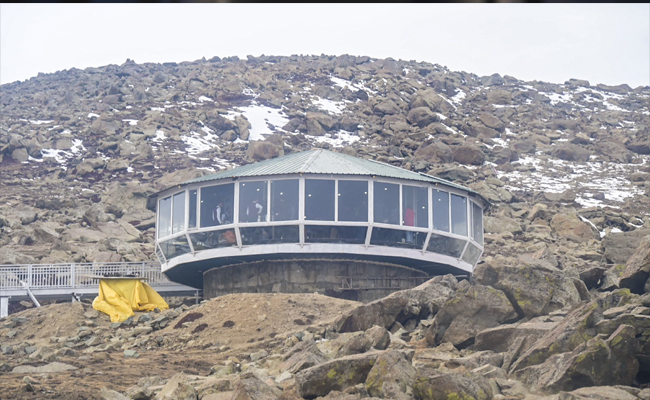Dubai-based engineering venture KEF Holding is all set to take up a Rs. 811 crore integrated clinical wellness resort project in Kerala which is touted to be first-of-its-kind clinic in South Indian State. The company has acquired 30 acres in Calicut District to develop this project.
According to a report published in Gulf News, the KEF will have the ground-breaking for the project next month and the first phase is scheduled for completion in March 2023. Second phase will be delivered in 2024.
"The emphasis is on the ‘clinical wellness’, and we will integrate Ayurveda, Tibetan healing, natural and Western processes,” said Faisal Kottikollon, founder of KEF Holdings. “This will be quite different from the ‘wellness’ concepts that are being used so frequently these days.” he was further quoted as saying by Gulf News.

What KEF is trying to do is be the first-to-market with an integrated clinical wellness offering. Until now, most ventures have focussed on a particular aspect, such as Ayurveda, for instance. The Rs. 800 crore (Dh400 million) project will also try and leverage Kerala’s return as a tourism destination after being undone by two years of COVID-19 and a devastating flood that ravaged the state.
Keeping it all sustainable
The resort will be built as per the latest sustainability concepts, with the intention of being a “net-zero” carbon emitter. For future water needs, the project is ‘harvesting’ rainwater in tanks totalling 10 million litres in capacity. “The plan is to collect 40 million litres each year, retain 10 million and use the rest for the organic farm that is part of the development,” said Kottikollon.
Hotel and hospital
The resort will have a 130-room hotel component, which will be managed by KEF. These details are yet to be worked out. “Wellness is about holistic integration of body, mind, and spirit,” said Shabana Kottikollon, Director at KEF Holdings. Shabana hails from Mangalore and is daughter of wellknown entrepreneur and philanthropist Late B. Ahmed Haji Mohiudeen of BA Group.
400 jobs
Recruitments are on for the various positions that will be created in future at the resort. This will include a core team of doctors and associated staff as well as personnel for the hospitality element. “The plan is to be a 400-strong workforce by the time of the second phase completion,” said Faisal Kottikollon.
“The resort, which is 15 minutes from Calicut airport, will also have close links with the premium Meitra Hospital that we own and operate. It’s about KEF playing a part in element of a person’s need for physical and mental wellbeing” added Faisal.
About KEF Group
Dubai based KEF Holdings first came to limelight when its unit Emirates Technocasting ( ETC), was sold to the engineering giant Tyco in 2012 for $400 Million. Faisal and Shabana, then set up a foundation which took over a government school in Kerala as part of a transformation project. The School was rebuilt in 90 days using prefab technology. The model was then replicated in over 900 schools covering 2 million students. It lead to the setting up of KEF Infra at Krishnagiri in Tamil Nadu, which became the largest prefab factory in India. It was later acquired by Katerra in 2018.
Let the Truth be known. If you read VB and like VB, please be a VB Supporter and Help us deliver the Truth to one and all.
Bhatkal: Speaker of the Karnataka Legislative Assembly U. T. Khader visited Bhatkal in Uttara Kannada district on Saturday and attended a local cricket match being played as part of a tournament organised by the Cosmos Sports Centre of Bhatkal.
After attending a programme at Anjuman Hami-E-Muslimeen, Khader proceeded to the Bhatkal Taluka Stadium, where the tournament is underway. He was accompanied by office-bearers of the Cosmos Sports Centre and several local community leaders.
Those present during the visit included President of Majlis-e-Islah Wa Tanzeem and former JD(S) leader Inayathullah Shabandri, Vice President of Tanzeem Atiqur Rahman Muniri, General Secretary Abdul Raqeeb MJ, President of Cosmos Sports Centre Ismail Anjum, Managing Director of Mohtisham Complexes S. M. Arshad, former president of the Bhatkal Muslim Youth Federation Imtiyaz Udyawar, among others.
Addressing players and organisers, Khader extended his best wishes to the participating teams and urged the players to uphold the spirit of sportsmanship. He said such tournaments help promote unity and brotherhood among the youth.
The cricket tournament began on November 21 and will conclude with the final match on December 21. It is being organised as part of the golden jubilee celebrations of the Cosmos Sports Centre.
Cosmos Sports Centre is one of the member clubs of the Bhatkal Muslim Youth Federation and is known for its active role in promoting sports in the town. Apart from sporting activities, the centre is also involved in various social and community initiatives, including efforts to promote education among students.


